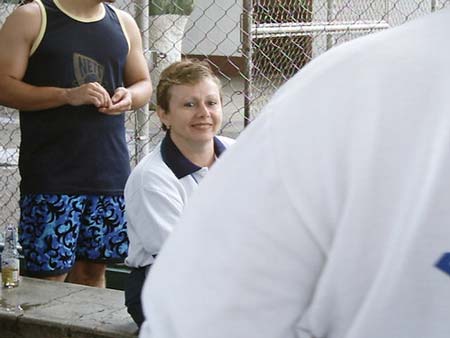 |
|
A new study shows that patients, who receive early treatment for Hepatitis C virus (HCV) within the first months following an infection, develop a rapid poly-functional immune response against HCV similar to when infection is eradicated spontaneously.(File Photo) |
A new study shows that patients, who receive early treatment for Hepatitis C virus (HCV) within the first months following an infection, develop a rapid poly-functional immune response against HCV similar to when infection is eradicated spontaneously.
Researchers from University of Montreal in Canada published their results on Friday in the US Journal of Virology.
In the study, researchers followed a group of intravenous drug users at high risk of HCV infection before and immediately after exposure to HCV. They found that early treatment restores a rapid poly-functional immune response, characterized by the simultaneous production of multiple anti-viral mediators.
Therefore, early treatment can restore immune response against HCV and help eliminate the virus rapidly, the authors conclude. This new discovery of the mechanisms of viral eradication could contribute to the development of new treatments.
HCV is transmitted through infected blood. Although a quarter of infected patients can eradicate the infection spontaneously, without treatment, the majority develop persistent infection, a major cause of cirrhosis and cancer of the liver. The only approved treatment for HCV is an anti-viral drug known as pegylated interferon alpha. This drug is successful in only half of cases when administered during chronic infection. Success rates among those treated early after infection are significantly higher or around 90 percent.
(Xinhua News Agency August 9, 2008)